 If you've been diagnosed with sleep apnea, the very first thing you will need to do is purchase the equipment for your therapy.
If you've been diagnosed with sleep apnea, the very first thing you will need to do is purchase the equipment for your therapy.
It might be one of three kinds of positive airway pressure, such as continuous (CPAP), bilevel (BiPAP), or automatic (APAP).
You may even need to use adaptive servo ventilation (ASV) or incorporate PAP therapy with another therapy like an oral device or supplemental oxygen.
You can purchase some of these items with a prescription online, but by doing this, you miss out on the valuable assistance of a durable medical equipment (DME) provider.
These healthcare professionals stand at the ready to help you with all facets of your therapeutic experience. In fact, the best DMEs may be the key to success for many patients.
Choosing a DME company is all about getting the best quality and service. Not only are you buying equipment through them, you are receiving support, education, and service.
Here are some key qualities we think represent the best of the best in the DME business.
Best qualities in a durable medical equipment (DME) provider
Below are different factors to consider when shopping for a DME provider.
Access to the best CPAP equipment and CPAP supplies
A good DME provider typically keeps the highest quality PAP machines and CPAP masks in stock. They should also keep additional accessories like chin supports, O2 bleeds, spare parts, even CPAP cleaning devices on hand, or be prepared to order and ship to you overnight. You shouldn't have to wait to start your CPAP therapy.
Credentialed staff
Receiving your DME supplies is not the end, 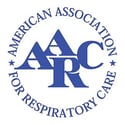 but the beginning, of your therapy. You are best assisted on this new journey by allied healthcare professionals with proper training and credentials to show they are board-certified to help you with your specific needs. Only the best sleep centers hire credentialed staff to manage DME.
but the beginning, of your therapy. You are best assisted on this new journey by allied healthcare professionals with proper training and credentials to show they are board-certified to help you with your specific needs. Only the best sleep centers hire credentialed staff to manage DME.
The two main credentials you should look for on a DME staff are the CRT (certified respirato ry therapist) and the RPSGT (registered polysomnographic technologist). Both must pass rigorous board exams to earn these distinctions; they are also required (just like nurses and doctors) to maintain continuing education credits to keep their credentials.
ry therapist) and the RPSGT (registered polysomnographic technologist). Both must pass rigorous board exams to earn these distinctions; they are also required (just like nurses and doctors) to maintain continuing education credits to keep their credentials.
Broad knowledge of all things PAP
When you have cred entialed staff working as DME providers, you are receiving a knowledge base built of people who have worked for years serving patients who use CPAP. Every sleep apnea patient has a specific laundry list of needs that their therapy must fulfill, and the best DME provider is staffed by techs who have seen it all and can meet those specific needs.
entialed staff working as DME providers, you are receiving a knowledge base built of people who have worked for years serving patients who use CPAP. Every sleep apnea patient has a specific laundry list of needs that their therapy must fulfill, and the best DME provider is staffed by techs who have seen it all and can meet those specific needs.
They not only know about all the latest technology, comfort features, and mask options, but they can sit down with you and show you first-hand how they all work. They are also skilled in machine calibration and troubleshooting when problems arise and can help you to improve the fit of your mask and adjust your machine settings for maximum comfort.
Patient education services
Once you've received your therapy, you may need some reminders as to why you are using it, or how it works. That's okay! If you haven't quite figured out what is happening that leads to your sleep apnea, or you can't quite wrap your mind around how positive airway pressure works, the DME should be happy to explain it to you as many times as you need.
Don't be shy! Ask about the various features of your machine, as well as options for your mask and tubing and other accessories. Do a trial run if you need to. Have them walk you through the steps for putting together and taking apart your mask or the headgear. Ask them to give you instructions or diagrams you can take home with you.
And never hesitate to call them after you've met with them in person; they exist specifically to help you meet your therapy goals.
If you have complaints about comfort or fit, the DME techs are excellent for helping you figure out what the root cause is of your problems and offer your solutions. They know the "tricks of the trade" and take pride in helping patients overcome obstacles.
Regular follow-ups
Much of your success with CPAP depends on you giving your therapy the best effort possible. But it can be challenging at first, and if you're stuck doing it alone, you might give up. However, the DME provider is there to help you get past these hiccups in the process. They know that more than half of all new CPAP users discontinue their treatment in just a few weeks, for a number of reaso ns:
ns:
-
they find the mask uncomfortable
-
they can't keep the mask on or sealed well
-
they struggle to get the machine to work properly
-
they aren't able to adapt to the air pressure
-
they don't see results right away
All of these common problems using CPAP could easily be remedied with a phone call from you or your quick visit to the sleep center. However, the best DME providers don't wait for you to call or visit them: they check in with you to see how you're doing. As healthcare workers, they are trained to understand the risks of leaving sleep apnea untreated and you should consider them a valuable partner in your therapy.
A really good DME provider should call at specific intervals and ask you about mask comfort, usage, and air pressure in the early stages of PAP usage.
Lat![]() er, they should ask about your sleep quality, changes in symptoms, and other observations you can make about your overall health. During each and every call, they should give you the opportunity to ask questions or share concerns you have, with none ever being too trivial.
er, they should ask about your sleep quality, changes in symptoms, and other observations you can make about your overall health. During each and every call, they should give you the opportunity to ask questions or share concerns you have, with none ever being too trivial.
They also may be monitoring your usage by way of a wireless interface built into the machine, so if they note you're having problems with mask leaks or low usage, they won't hesitate to call you at any time to offer their support and service. They can also keep you on schedule for replenishment of supplies.
After all, it's not just their job to provide you with a CPAP setup and send you on your way; it's their job to care about your progress and provide CPAP solutions whenever possible to keep you on track with your treatment.
It's been shown that those who use CPAP for 6 months in a row are much more likely to succeed with it and continue its use, but that early efforts by patients who feel supported by their DME have a positive influence over reaching that 6-month goal.
Excellent support and service
A good DME is not just a supplier, but many other things rolled into one: educator, cheerleader, coach, therapist, and technologist.
The sign of a good DME: they extend themselves beyond the one-on-one interactions with patients by offering regular support groups.
At these support groups, they gather other patients using CPAP to share new information about advances in research and equipment, and to provide a space where users can safely share their "insider" tips for making therapy work over the long haul.
Working with a DME (especially in a hybrid clinic environment like we have at Sleep Resolutions, where the provider is specifically on site and able to start patients off with therapy the very day after their study) should be more than just a point of sale for the patient and the lab, but an ongoing relationship built around the desire, by everyone involved, to see you succeed.






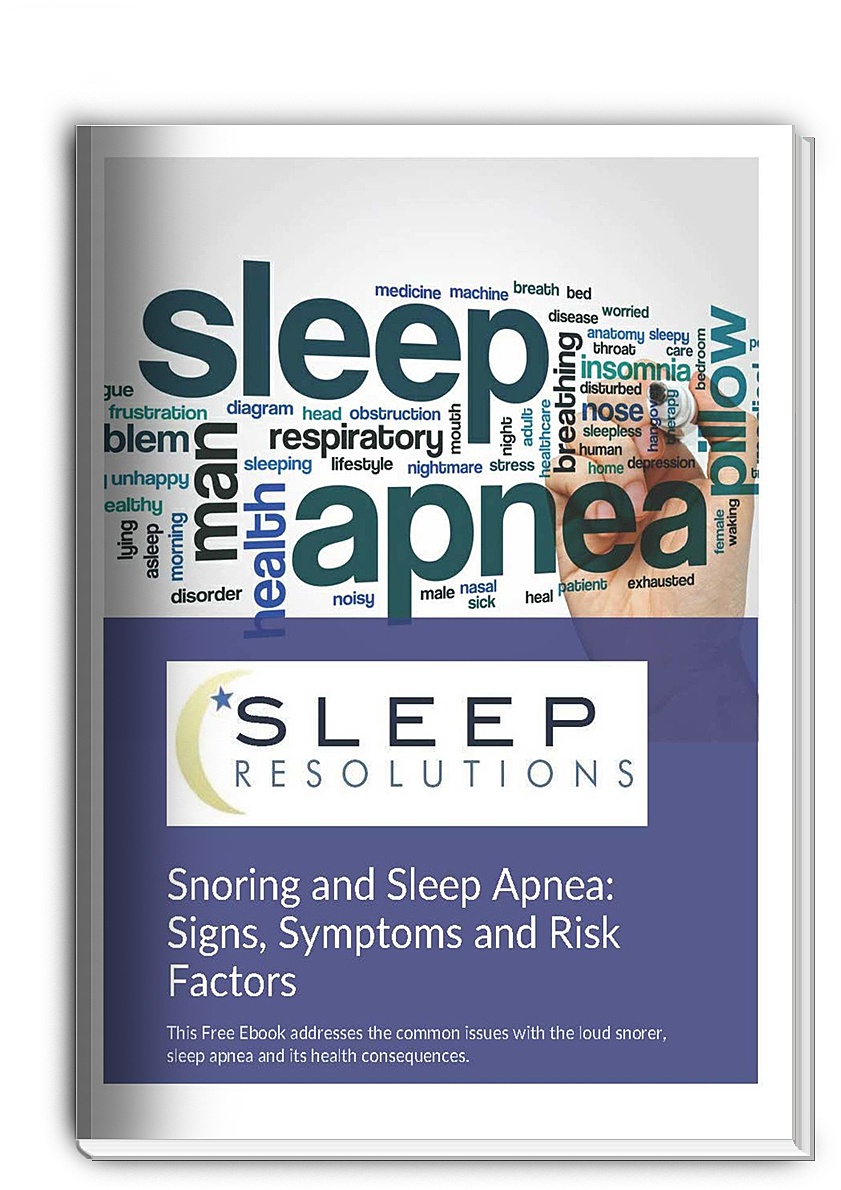

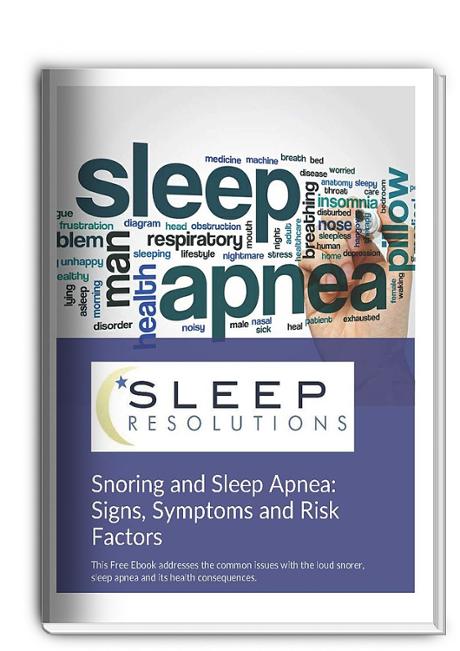

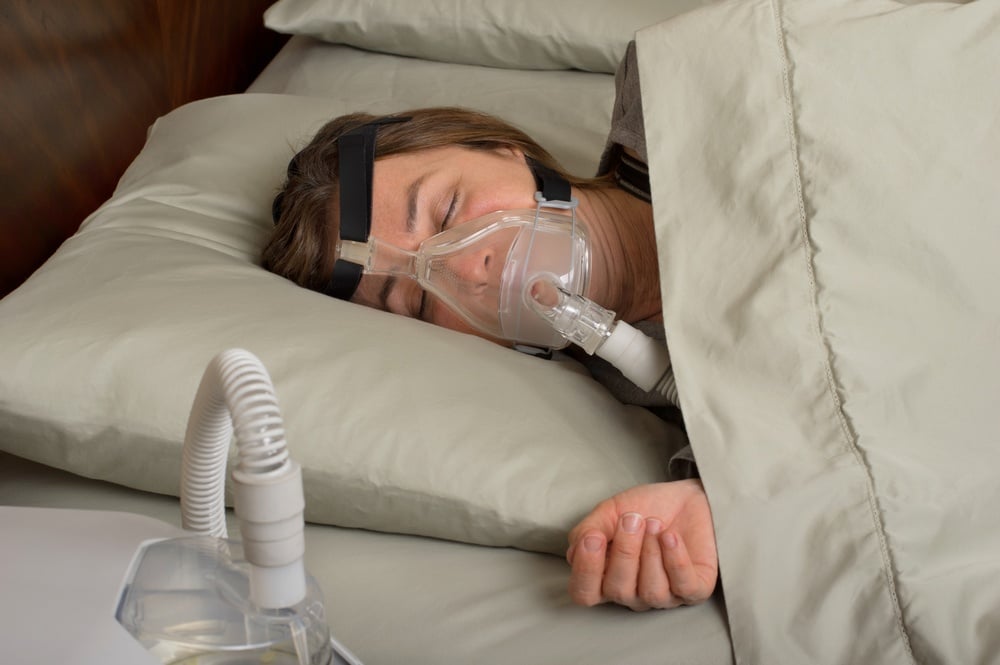

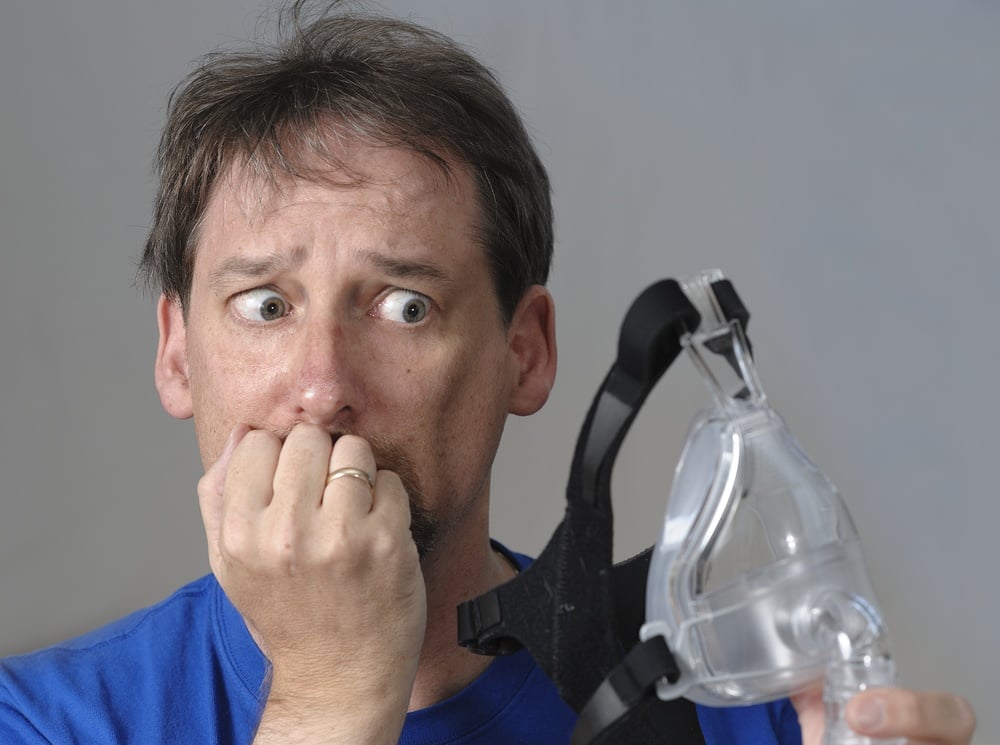
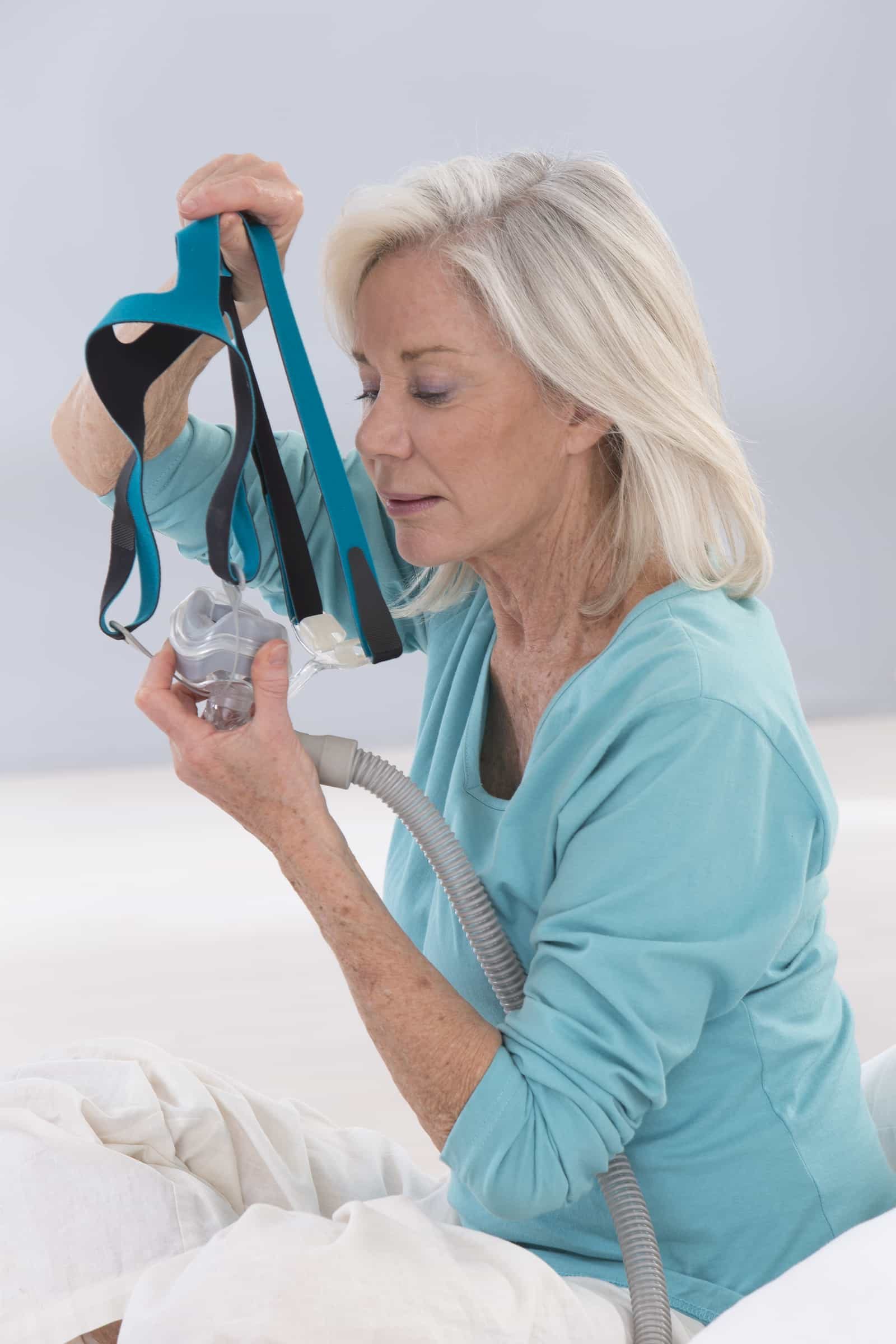
Leave a comment